Shower conversions have become one of the most popular bathroom remodeling projects in recent years—especially here in Nashville. If you’re looking to modernize your home, create a more accessible bathing space, or simply make better use of your square footage, converting a bathtub into a walk-in shower can be a smart investment. Nashville homeowners are increasingly trading in their outdated tubs for sleek, functional shower spaces that offer improved comfort, safety, and style.
At Nashville Bath & Kitchen, we’ve helped countless clients reimagine their bathrooms through thoughtful, high-quality shower conversions. From historic homes in East Nashville to newer builds in Franklin and Brentwood, the demand is growing for bathrooms that better serve today’s lifestyles. In this ultimate guide, we’ll walk you through everything you need to know—from planning and budgeting to materials, timelines, and local considerations unique to Middle Tennessee.
If you’re just starting to explore options or you’re ready to start your remodel, this comprehensive guide will help you make informed decisions every step of the way. Let’s dive in and discover how a shower conversion can transform your space.
What Is a Shower Conversion?
A shower conversion typically refers to the process of removing a bathtub and replacing it with a walk-in shower. This can range from a simple swap to a more involved remodel that includes relocating plumbing or updating the overall layout. In Nashville, where many older homes feature traditional tub-and-shower combos, conversions can offer a modern alternative that better suits contemporary living.
One of the biggest advantages of a shower conversion is the ability to customize the space. Unlike prefab tub-shower units, a walk-in shower allows for tailored design choices—from tile and fixtures to enclosures and built-in storage. This personalization means your new shower won’t just be functional, but also reflect your unique style.
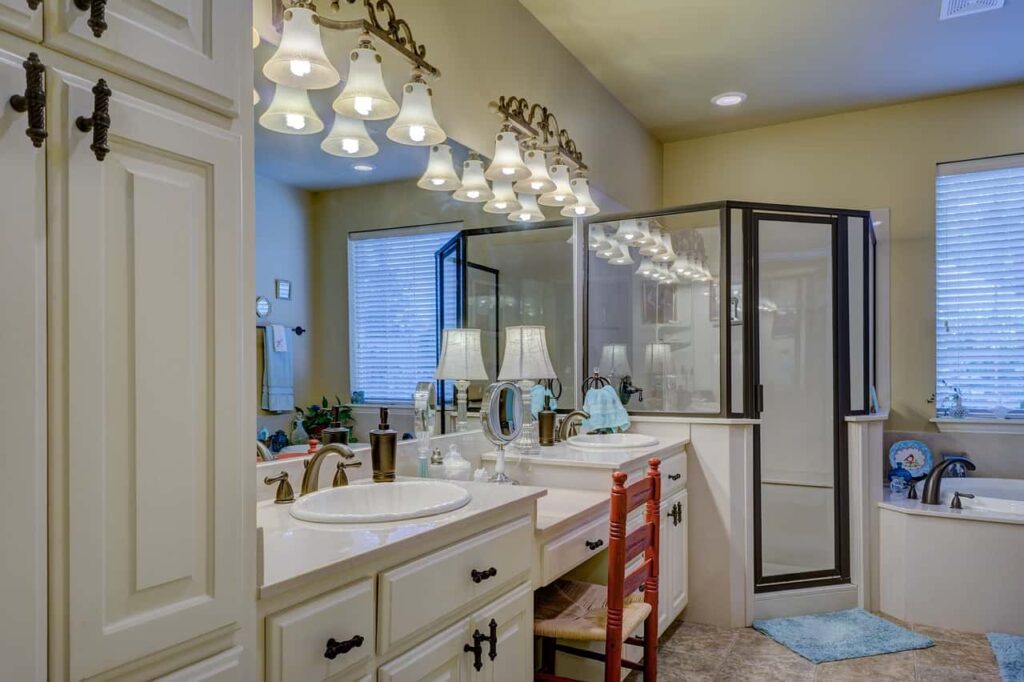
Homeowners often choose to convert tubs to showers to improve safety and accessibility. Stepping over a high tub wall can be risky, especially for older adults or individuals with mobility issues. A low-threshold or curbless shower reduces that risk while making the space feel more open and inviting.
It’s important to note that a shower conversion is different from a full bathroom remodel. While a conversion focuses on a specific upgrade, a full remodel might involve reconfiguring the entire room, replacing vanities, flooring, lighting, and more. Understanding this distinction can help you set realistic goals and budgets.
Reasons Nashville Homeowners Are Choosing Shower Conversions
Here in Nashville, we’re seeing a growing number of homeowners opt for shower conversions as part of their bathroom upgrades. One of the primary drivers is accessibility. As more residents plan to age in place or care for aging family members, having a safer and easier-to-navigate bathroom becomes a top priority.
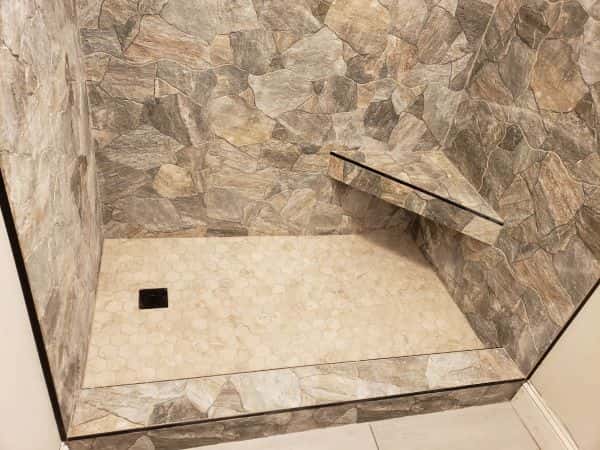
Another big factor is space optimization. Nashville homes, particularly older ones in areas like Sylvan Park or Hillsboro Village, often have smaller bathrooms. Removing a bulky tub can free up valuable floor space, making the room feel larger and more comfortable.
Design trends are also playing a role. The classic tub-shower combo is increasingly being replaced by sleek, frameless glass enclosures and spa-like showers with rainfall heads and built-in seating. Homeowners want bathrooms that feel more like a retreat—and a well-designed shower is a big part of that experience.
Finally, there’s the real estate angle. In a competitive Nashville housing market, updated bathrooms can significantly boost resale value. While some buyers still prefer at least one tub in the home (especially families with small children), converting a little-used tub into a stylish shower can be a major selling point for buyers seeking modern amenities.
Planning Your Shower Conversion
The first step in any successful shower conversion is a solid plan. Start by assessing your current bathroom layout. Is your plumbing located on an exterior wall? Are there any windows that might affect where the shower goes? These factors can influence both the complexity and cost of your project.
Next, consider your goals and must-haves. Are you prioritizing accessibility, storage, or aesthetic upgrades? Knowing your objectives will help guide your design decisions and make conversations with contractors more productive. For example, if you want a bench and multiple showerheads, your layout and plumbing may need adjustments.
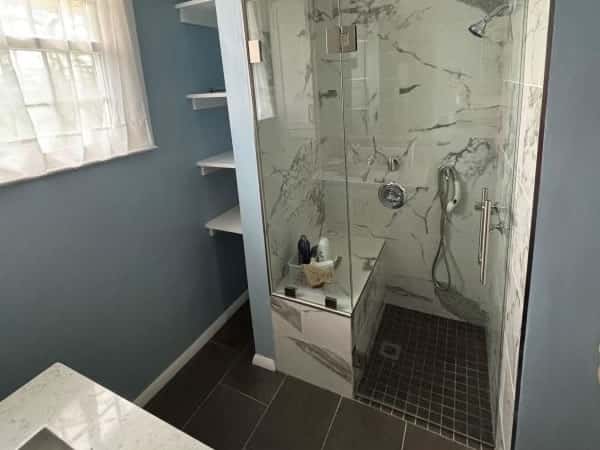
Budgeting is another critical part of planning. In Nashville, a basic tub-to-shower conversion can start around $4,000 to $6,000, while more customized projects with high-end finishes can exceed $12,000. Factors that impact cost include material choices, whether plumbing needs to be moved, and whether structural changes are required.
Choosing the right contractor is essential. Look for a licensed, insured remodeling company with experience in bathroom projects specifically. At Nashville Bath & Kitchen, we offer free consultations to help you understand your options and provide accurate estimates. Always check references, ask for a written contract, and make sure your contractor pulls the proper permits for your area.
Design & Material Options
One of the most exciting parts of shower conversions is choosing the design elements that bring your vision to life. Start with the shower enclosure. Frameless glass doors offer a clean, modern look and make small bathrooms feel more spacious. If you’re on a tighter budget, semi-frameless or curtain enclosures are also viable and stylish options.
For wall materials, the choices are extensive. Ceramic and porcelain tiles remain popular for their durability and design versatility. You can go for classic subway tiles, bold patterns, or natural stone looks. Acrylic panels are a more budget-friendly alternative and are easy to clean, making them ideal for busy households.
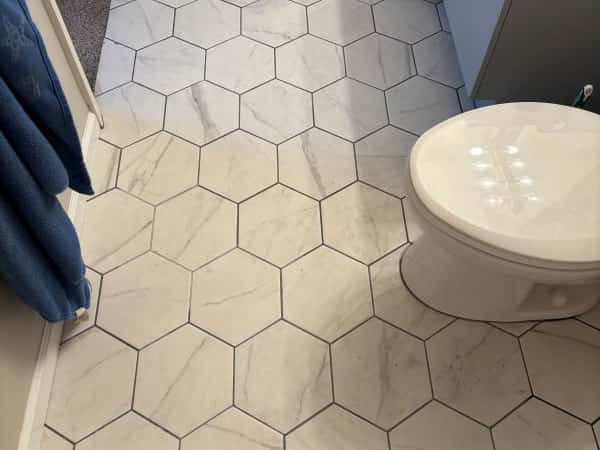
Flooring is another important consideration. Shower floors should be slip-resistant, so look for textured tiles or custom shower pans that offer safety without sacrificing style. Mosaic tiles are a great choice here, as they provide grip and can add a unique design element.
Don’t forget about the extras. Built-in niches provide storage for toiletries without cluttering your space. A built-in bench adds comfort, especially for users who need to sit while showering. Upgrade your experience further with luxury features like rainfall showerheads, handheld sprayers, and even digital temperature controls.
Accessibility & Aging-in-Place Considerations
As more homeowners plan for long-term living in their homes, accessibility has become a major focus in bathroom design. A shower conversion is a perfect opportunity to incorporate features that enhance safety and comfort without compromising style.
One of the most important accessibility upgrades is a zero-threshold or curbless shower. These designs eliminate the step over a traditional shower curb, making it easy for people using walkers or wheelchairs to enter and exit safely. Plus, they offer a sleek, contemporary look that suits any home.
Grab bars are another must-have for aging-in-place bathrooms. Today’s grab bars come in a variety of finishes and styles that can blend seamlessly into your overall design. Placing them strategically near the entrance, seating area, and shower controls ensures maximum support.
Other features to consider include adjustable handheld showerheads, built-in benches, and anti-slip flooring. These elements not only enhance accessibility but also future-proof your bathroom. Even if you don’t need them now, installing them during your shower conversion can save you time and money down the road.
The Shower Conversion Timeline
Understanding the timeline for a shower conversion can help you plan accordingly and avoid surprises. While each project is unique, most conversions in Nashville take between one to two weeks from demolition to final cleanup, depending on the complexity and material availability.
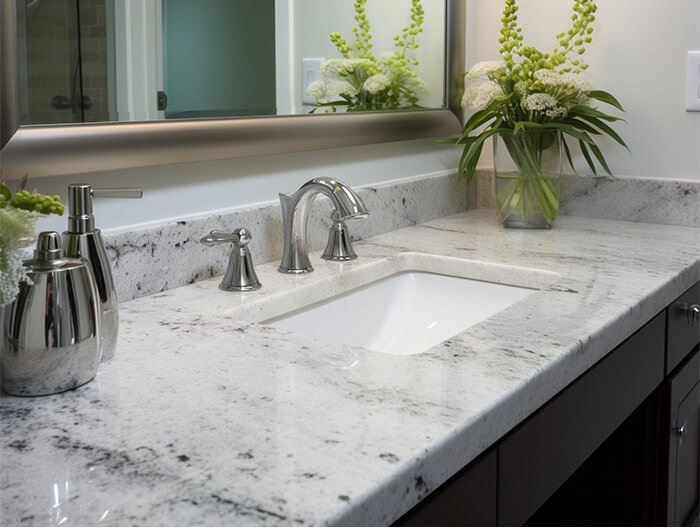
The process typically begins with demolition, where your old tub and surrounding materials are removed. This phase usually takes a day or two, and it’s common to discover hidden issues like water damage or outdated plumbing at this stage. Your contractor should inspect and address any problems before moving on.
Next comes rough plumbing and any structural adjustments. If you’re relocating the shower or adding features like body jets or a rain head, this step may take longer. Once plumbing is in place, waterproofing and wall installations begin. Proper waterproofing is critical to prevent mold and water damage.
Finally, the enclosure and fixtures are installed, and finishing touches like caulking, grouting, and cleanup wrap things up. A professional contractor will also perform a final walkthrough with you to ensure everything meets expectations. At Nashville Bath & Kitchen, we pride ourselves on clear communication and timely project delivery.
Shower Conversions vs. Full Bathroom Remodel
It’s common for homeowners to wonder whether a shower conversion alone is enough or if a full bathroom remodel would be a better investment. The answer depends on your goals, the condition of your existing space, and your budget.
A shower conversion is ideal when the rest of your bathroom is in good shape and you’re mainly looking to replace a tub with a modern, functional shower. It’s faster, less disruptive, and generally more cost-effective than a full renovation. Many of our Nashville clients choose this route when they’re happy with their flooring and vanity but need a safer or more stylish shower area.
On the other hand, a full bathroom remodel might be the right choice if you’re dealing with outdated fixtures, poor layout, or insufficient storage. It also gives you the opportunity to upgrade plumbing, lighting, and ventilation—key areas that can greatly enhance both comfort and home value.
If you’re unsure which option is right for you, our team can provide a thorough in-home assessment and discuss what makes the most sense based on your needs and budget. Either way, improving your bathroom can be a worthwhile investment, especially in Nashville’s fast-growing real estate market.
Local Insights: Shower Conversion Projects in Nashville
Every remodeling project benefits from local expertise, and that’s especially true for shower conversions in Nashville. Homes here range from historic bungalows in East Nashville to new builds in suburban areas like Nolensville and Mt. Juliet, and each brings its own set of design and construction considerations.
In older homes, you may encounter original plumbing or framing that needs updating to meet current codes. Permitting requirements also vary depending on the neighborhood and the scope of the work. Davidson County, for example, has specific guidelines for plumbing changes and structural modifications.
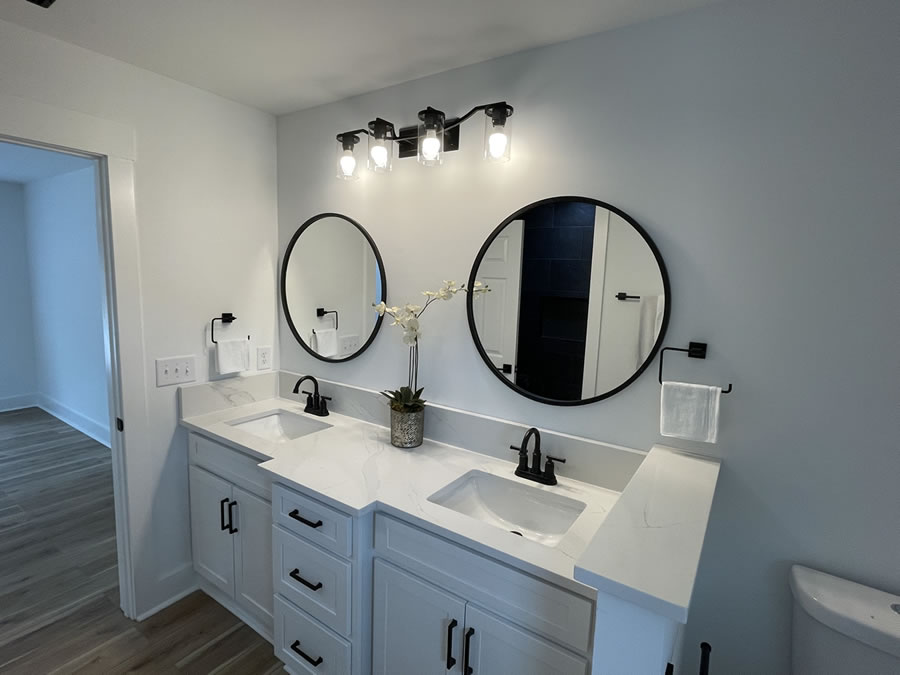
Popular design trends in Nashville include clean, minimalist styles with neutral tile palettes and black matte fixtures. In more traditional neighborhoods, we often incorporate transitional designs that blend modern functionality with classic charm—like subway tile walls with oil-rubbed bronze hardware.
Knowing what’s trending locally and what buyers are looking for can help you make smart choices. At Nashville Bath & Kitchen, we stay up to date with local codes, design preferences, and market trends to ensure your project meets all expectations.
FAQs About Shower Conversions
Absolutely. Keeping the existing plumbing layout is often the most cost-effective route. However, if your ideal design includes relocating fixtures or upgrading to multiple showerheads, minor plumbing modifications may be necessary.
Most projects are completed in 5 to 10 business days, depending on complexity. This includes demolition, plumbing adjustments, waterproofing, tile work, and fixture installation. Unforeseen issues like water damage or outdated plumbing can extend the timeline slightly.
Yes—permits are typically required, especially if plumbing is being moved or walls are being modified. At Nashville Bath & Kitchen, we handle all necessary permitting through Davidson County or your local municipality, so you don’t have to worry about compliance.
Not necessarily. In fact, a modern, well-designed walk-in shower can boost buyer appeal, especially in Nashville’s competitive market. It’s usually recommended to keep at least one tub in the home (especially for families with young children) to maintain maximum resale flexibility.
The cost typically ranges from $4,000 to $12,000+, depending on factors like materials, plumbing changes, and labor. A basic tub-to-shower conversion with standard finishes might be on the lower end, while custom tile work, premium fixtures, or accessibility upgrades will increase the price.
Yes! There are many space-saving shower designs that work beautifully in smaller bathrooms common in Nashville’s older homes. Corner showers, glass enclosures, and custom layouts can all help maximize your available square footage.
Porcelain and ceramic tile are popular for their durability and design variety. For easy maintenance, acrylic panels are a great choice. For shower floors, we recommend textured or mosaic tiles that provide slip resistance and visual appeal.
Yes, curbless (zero-threshold) showers are ideal for accessibility. They’re easier to enter and exit, reduce tripping hazards, and can be paired with grab bars, benches, and handheld showerheads to enhance safety and comfort.
There may be some short-term disruption, especially during demolition and tile setting. However, a professional contractor will minimize downtime and keep the work area clean and contained. Most homeowners find the upgrade well worth the temporary inconvenience.
Definitely! You can choose from a wide range of tile styles, showerheads, enclosures, benches, and accessories. At Nashville Bath & Kitchen, we help you design a shower that not only meets your needs but reflects your personal style and complements your home.
Ready to Transform Your Bathroom?
A shower conversion is one of the most impactful ways to upgrade your home’s comfort, style, and functionality. If you’re focused on accessibility, modern aesthetics, or preparing your home for resale, this type of remodel delivers lasting value.
With proper planning, the right materials, and an experienced team, your shower conversion can be completed efficiently and beautifully. At Nashville Bath & Kitchen, we specialize in high-quality shower transformations that reflect the unique needs of Nashville homeowners.
If you’re ready to take the next step, we invite you to reach out for a free consultation. Let’s talk about your vision, answer your questions, and help you design a bathroom you’ll love for years to come. Contact us today to schedule your quote!

